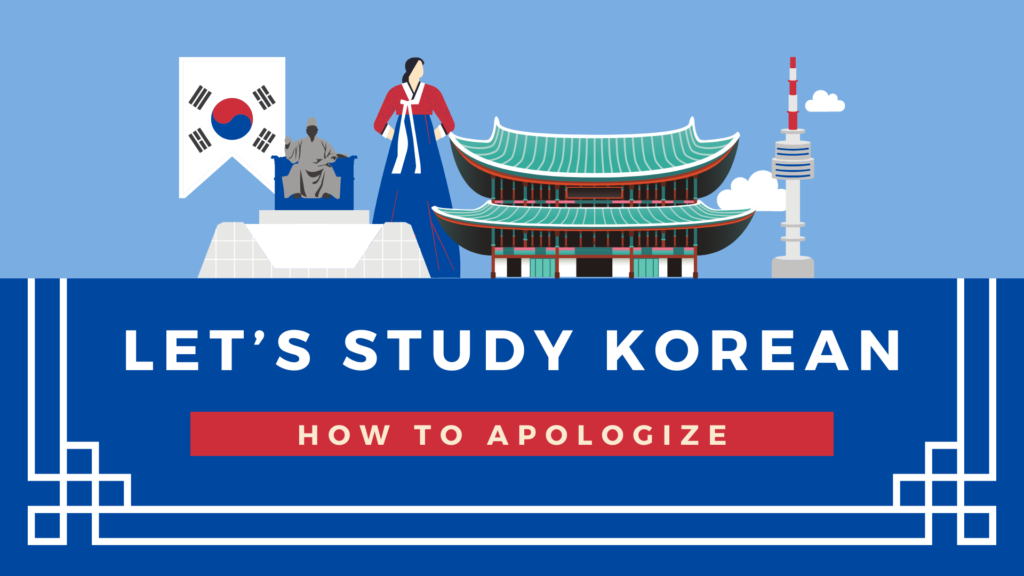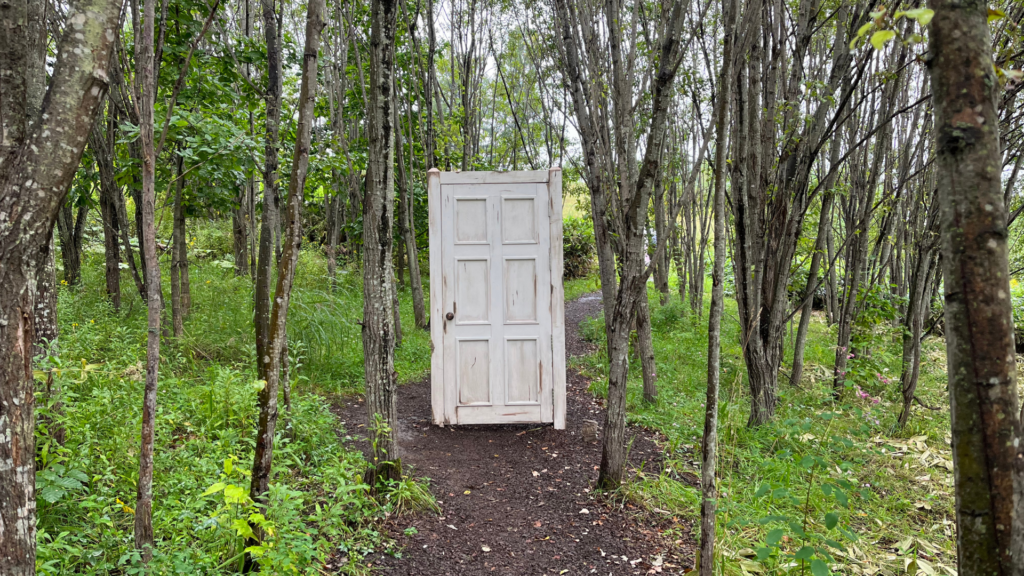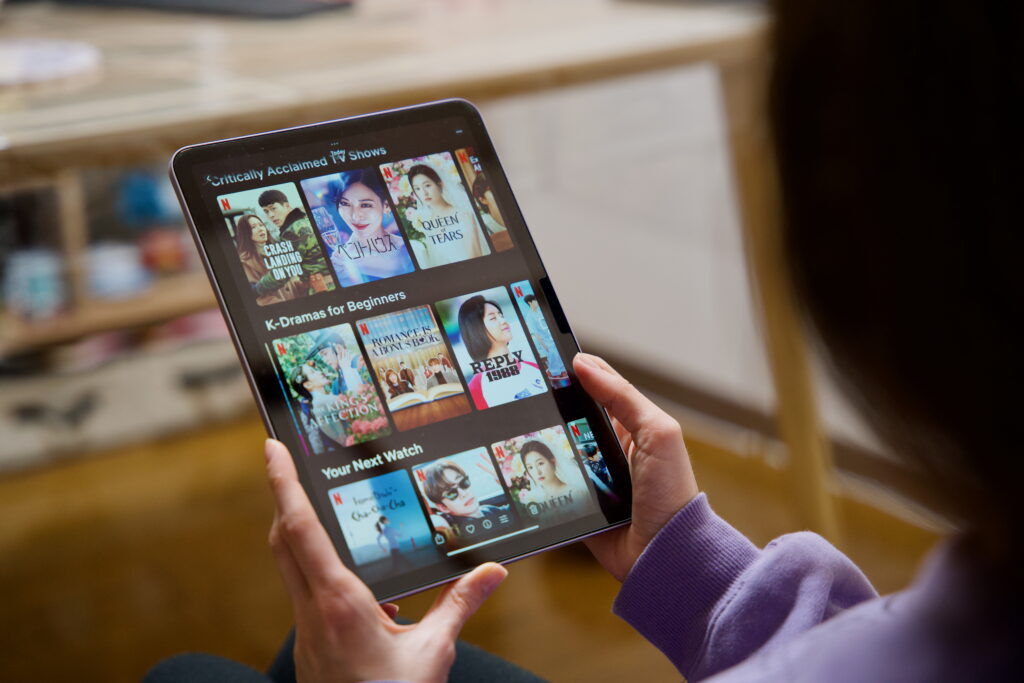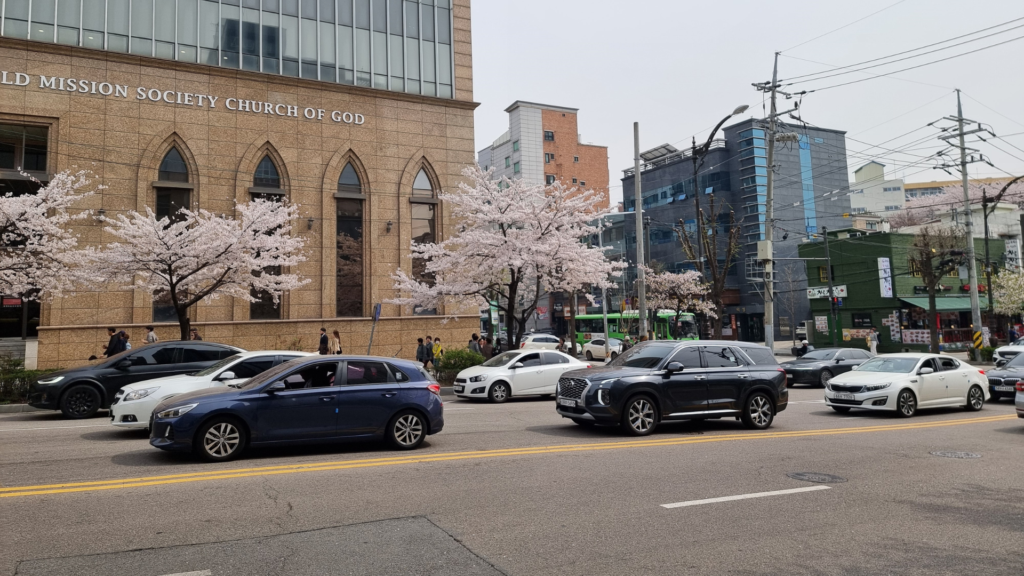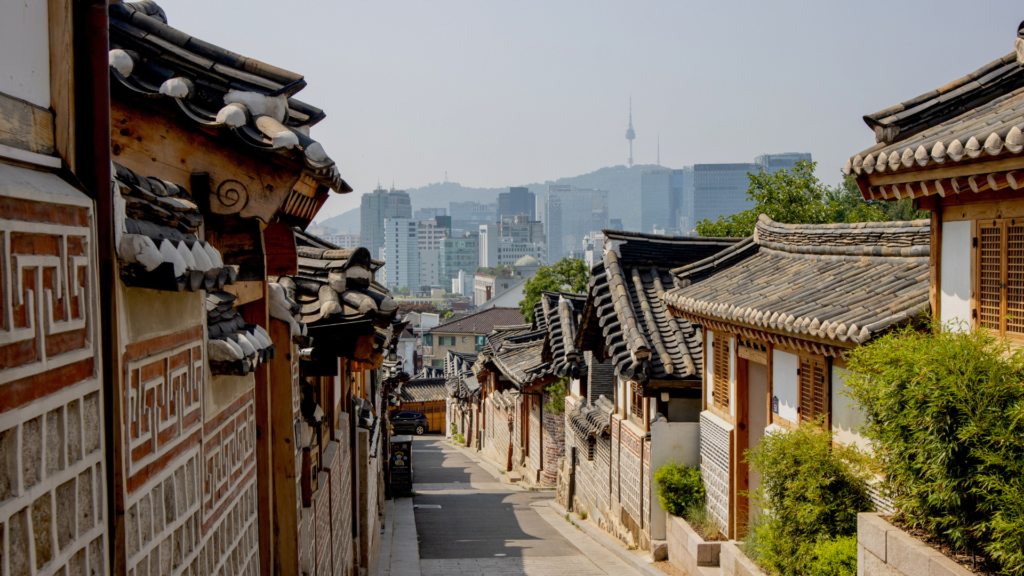Last updated on February 2024.
Are you thinking of living and studying in Korea, but have no idea about how much it would cost? In this article, you will find information about prices for accommodation, food, entertainment, and the general cost of living in South Korea.
Cost of living in South Korea by location
Where you choose to study will be one of the top contributors to your cost of living in South Korea. Seoul is the capital of South Korea, and like all capitals, the average cost of living is higher than in less central cities. Prices for accommodation, food and services are cheaper if you choose to live in a district further away from the center.
Otherwise, if you are on a tight budget, cities such as Busan or Daegu have a lower cost of living in South Korea. Rents, as well as school fees for language courses, are lower than in Seoul. It should be noted that in these more ‘peripheral’ cities, the number of foreigners is also lower than in Seoul, so you will have more opportunities to practice your Korean to communicate with the locals.

Cost of the language course in Korea
We have previously talked in another article about the different language courses in South Korea, run by universities or public schools. If we consider a language course at a university, the average price for Seoul is 1500 USD per term, so a 6-month course will cost approximately 3000 USD.
Along with the enrollment for the language course, health insurance is required if you study in Korea for more than 3 months. Usually, the health insurance is offered by the university at a very convenient price for the first year, about 110 USD in total. It is possible to take out private insurance in Italy before leaving, but it must clearly state that it covers the period of study and stay in Korea.
In Busan and Daegu, the prices of a Korean language course are much lower. A trimester costs around 1000 USD, as well as health insurance, of around 50 USD for 6 months or for a year.
Cost of accommodation in Korea
Accommodation is certainly one of the first concerns for those who want to know the cost of living in South Korea. Fortunately, Korea offers several affordable accommodation options for those who want to live with other people and socialize, as well as for those who prefer their own privacy.
Typically, students of language courses choose to live in the school dormitory. Those seeking more freedom of curfew, or simply wanting more privacy can choose the goshiwon (mini studio) or the share house. Private Korean flats have very high initial costs, which we will talk about later.
The dormitory can usually be booked for one or two quarters at the time of the enrollment, and the price can vary from 800 to 1100 USD per quarter, depending on the type of room and the city where the university is located. Here you can find the words of one of our students.
The monthly price of a goshiwon in the Gangnam area of Seoul is around 450-500 USD, including bills. If you find a goshiwon in the suburbs, or in Busan for example, you can pay as little as half that. A goshiwon is a single room of 6-10 square meters, usually with an in-suite bathroom, where living space is very limited. The kitchen, laundry and other areas are shared with other goshiwons in the building.
Share houses are flats that are shared with other people and have more space than a dormitory or goshiwon. To facilitate intercultural and linguistic exchange, you will usually find both Korean and foreigners there. They can be found in different neighborhoods, and the price of the monthly rent varies, depending on the type of room or the neighborhood itself. On average, the price per month including bills is 350-500 USD. For more information, see our article on share houses.
Depending on the area and other various factors, the average rent for a private Korean flat is around 6-700 USD. The problem with private flats is that they are designed for Koreans, or long-term residents, and require a deposit of 4000-5000 USD for a minimum 2-year contract. Only consider them if you plan to stay in Korea for a very long period of study or work.

Cost of food in Korea
To give you an overall idea of cost of living in South Korea, we should include food cost. We have put together the average prices of some basic products and drinks in Korea:
- Noodles: between 4 and 6 USD.
- Dosirak (도시락, packed lunch in a box like a bento box): 3-5 USD.
- Beer at a restaurant: 3.5-4 USD.
- Coffee at Starbucks: 5-6 USD.
- Set menu for lunch: 6-8 USD. At the school canteen it costs half as much.
- American-style pizza: 16 USD.
- Korean barbecue: 11-16 USD per person.
- Bingsu (Korean shaved ice): 8-10 USD.
- Bottle of soju (소주, Korean liquor): 3-4 USD.
- Bottle of makgeolli (막걸리, rice wine): 3 USD.
- Korean fried chicken: 13 USD (large portion).
- Bread: 3-4 USD a piece (French-style bakeries are very popular in Korea).
- Fast-food hamburgers: 5-7 USD.
- Tteokbokki (떡볶이, rice cake with spicy sauce): 3-4 USD.
- Gimbap (김밥, rice rolls similar to Japanese sushi): 4-5 USD for about ten pieces.
Cost of transportation in Korea
In Korea, the most common type of transportation is public transport to get from home to work, or from home to school vice versa. Therefore, we have listed the average costs of trains and subways:
- Bus and metro ticket: about 2 USD, with a surcharge depending on the distance travelled.
- Season ticket: approximately 50 USD for one month. Find more information about this in our article on the public transportation.
- Taxi fare: starts at 4 USD, increases depending on the distance travelled. Night taxis are slightly more expensive.
- Express train from Seoul to Busan: about 50 USD.

Cost of entertainment in Korea
When calculating the cost of living in South Korea, you should also consider entertainment costs. There is a wide range of entertainment and leisure activities to experience in Korea. Here are some of the most popular ones among students:
- Cinema ticket: about 10 USD.
- Monthly gym membership: 60-80 USD depending on the type of service provided.
- Noraebang (노래방, Korean karaoke): 40-60 USD per hour depending on the size of the room.
- Nightclub entry: 10-20 USD, depending on the club.
- Sim card (2 GIGA): around 25 USD.
- Mobile phone plan: around 25 USD per month (for contracts of at least 2 years).
Keep in mind that in order to satisfy Korean visa application requirements, applicants should have at least USD 10.000 per six months or one year of full-time study. This is the absolute minimum and you should always aim to have as much more than that as possible.
We hope that this article helped explain the costs of living in South Korea, and that you will be better prepared for studying Korean in Korea. If you would like to know the costs of schools and school dorms in details, please contact us by email.
You can now also study Korean online, with our 10-week course in partnership with Hanyang University. Click on the course page to find out about the course content and how to enroll.
For more useful information on living and studying in South Korea, follow the Go! Go! Hanguk blog or our TikTok channel.

